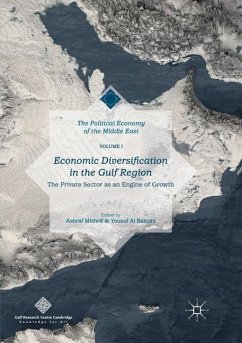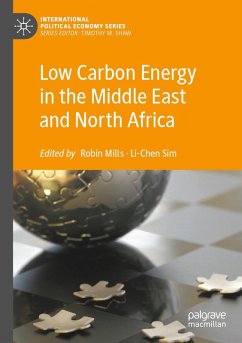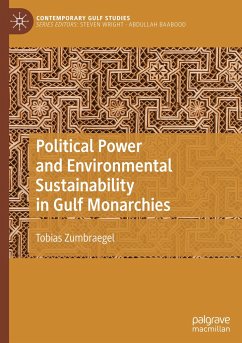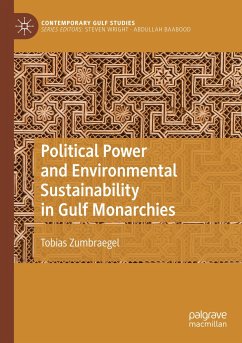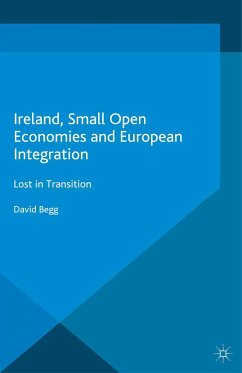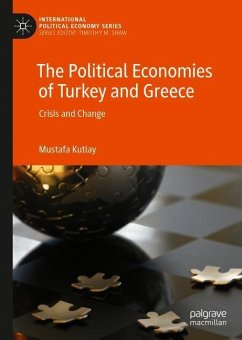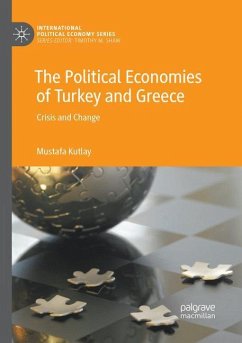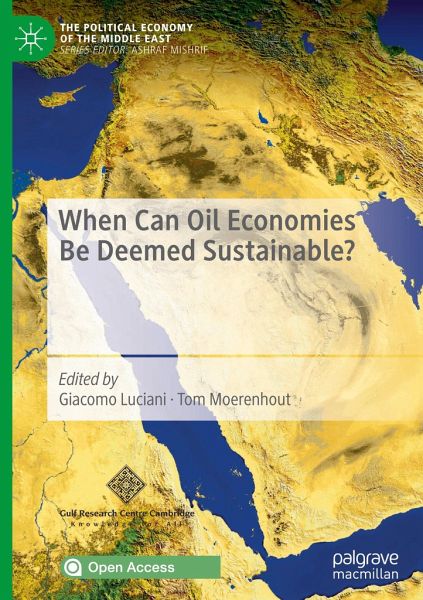
When Can Oil Economies Be Deemed Sustainable?
Versandkostenfrei!
Versandfertig in 6-10 Tagen
38,99 €
inkl. MwSt.

PAYBACK Punkte
19 °P sammeln!
This open access book questions the stereotype depicting all Gulf (GCC) economies as not sustainable, and starts a critical discussion of what these economies and polities should do to guarantee themselves a relatively stable future.Volatile international oil markets and the acceleration of the energy transition has challenged the notion that oil revenues are sufficient to sustain oil economies in the near to medium term. But what is the meaning of economic sustainability? The book discusses the multiple dimensions of the concept: economic diversification, continuing value of resources, taxati...
This open access book questions the stereotype depicting all Gulf (GCC) economies as not sustainable, and starts a critical discussion of what these economies and polities should do to guarantee themselves a relatively stable future.
Volatile international oil markets and the acceleration of the energy transition has challenged the notion that oil revenues are sufficient to sustain oil economies in the near to medium term. But what is the meaning of economic sustainability? The book discusses the multiple dimensions of the concept: economic diversification, continuing value of resources, taxation and fiscal development, labor market sustainability, sustainable income distribution, environmental sustainability, political order (democracy or authoritarianism) and sustainability, regional integration.
The overarching message in this book is that we should move on from the simplistic branding of the Gulf economies as unsustainable and tackle the details of which adaptations they might need to undertake.
Volatile international oil markets and the acceleration of the energy transition has challenged the notion that oil revenues are sufficient to sustain oil economies in the near to medium term. But what is the meaning of economic sustainability? The book discusses the multiple dimensions of the concept: economic diversification, continuing value of resources, taxation and fiscal development, labor market sustainability, sustainable income distribution, environmental sustainability, political order (democracy or authoritarianism) and sustainability, regional integration.
The overarching message in this book is that we should move on from the simplistic branding of the Gulf economies as unsustainable and tackle the details of which adaptations they might need to undertake.






